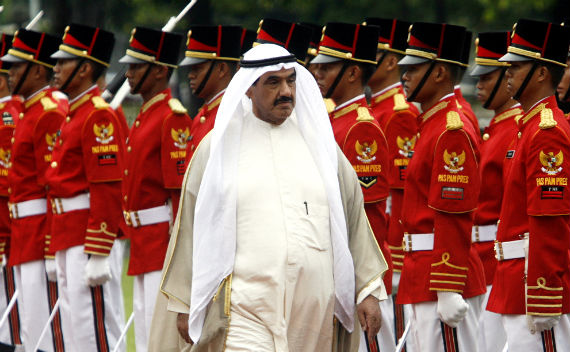Democracy Hits the Gulf
More on:

When a news story says that an Arab prime minister narrowly survived a no-confidence vote in parliament, you can be pretty sure the story is about Kuwait. It’s the only Gulf nation--and indeed the only Arab nation--with a competitively elected parliament that has the ability to remove cabinet ministers.
Since we liberated Kuwait in the first Gulf War, complaints have been heard about why we bothered rescuing an oil monarchy. OK, Saddam’s aggression couldn’t be tolerated, but why kid ourselves about the Al-Sabah rule we were re-establishing? It turns out that in rescuing Kuwait we set the stage for the Arab world’s most advanced experiment in parliamentary power. Kuwait’s political system is highly imperfect in its own terms—and some of those voting against the PM were Islamists. Parliament keeps getting dissolved by the amir when hostilities recur between the parliament and the prime minister—who is the amir’s nephew. But those hostilities are political, not physical, and reflect an effort to create a balance between royal power and popular participation. It’s a laudable effort, and sooner or later the parliament is going to get Sheikh Nasser, the prime minister. And that will be a landmark day in the development of democracy and popular rule in Arab lands.
More on:
 Online Store
Online Store
